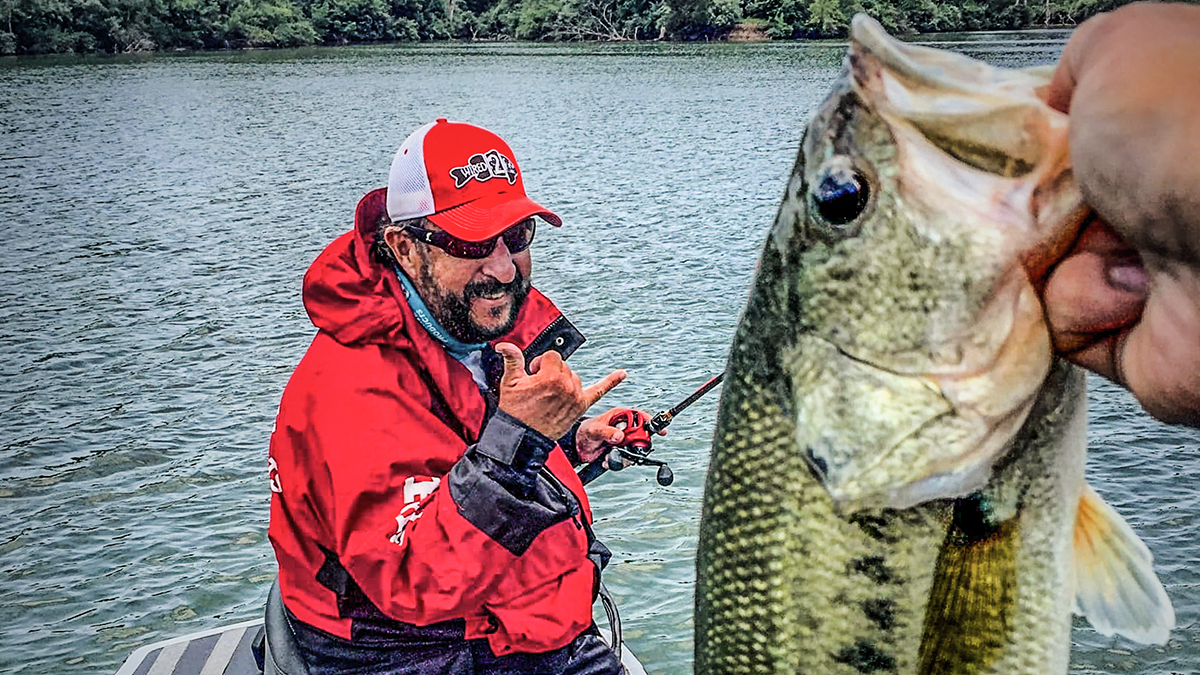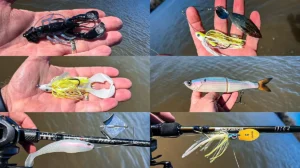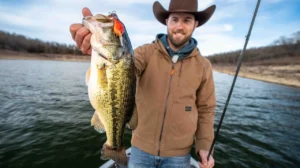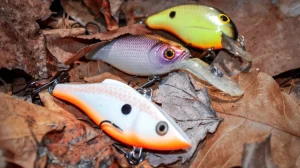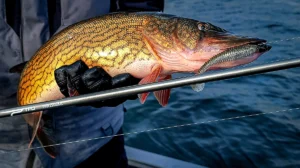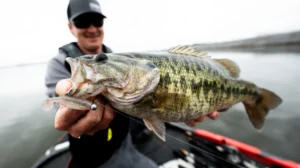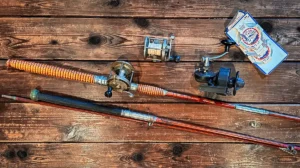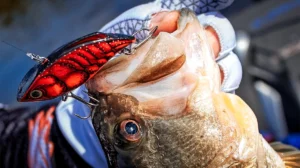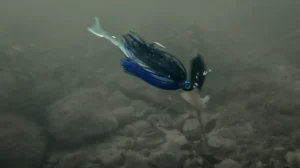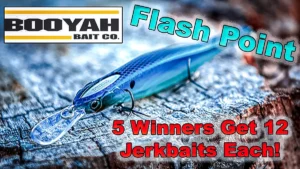Great habitat is what makes a good bass fishing lake. This habitat comes in many forms including grasses, submerged vegetation, shoreline grasses and wood. Rock, stumps and other cover not only serve as cover for adult fish but it’s imperative to consider the small fish as well.
Many of our great bass fishing lakes across the country became great when grasses and shoreline cover increased. There seems to an issue with keeping them, however, and it’s country wide. Management of grass and vegetation is one thing and important to an extent but total eradication just doesn’t make sense to me. For the life of me, I can’t understand why the folks who are responsible for making our lakes better are spraying this stuff. It’s the lifeblood of our lakes’ ecosystem.
The terms “non native” and “invasive” are overused, in my opinion. It seems these terms can be counterproductive too as long-term effects of spraying and removal with herbicides are yet to be felt. In some cases, the long-term ramifications may cause this solution to be much worse than the actual problem.
How is it affecting other parts of the ecosystem including invertebrates, birds and other animals? I am certainly not a biologist or a scientist but I bet I spend more time around the water than many of them and have seen the history on the adverse effects of spraying over the years. There’s no doubt, however, that it’s a hot topic throughout the country and it doesn’t have an easy answer, no matter which side of the street you reside on.
Homeowners on many lakes want pristine and managed waterfront property and I get it; they paid good money for their homes and they want it to be as clean as possible. Not being able to get their boat to their dock or being unable to swim or play in the water is also an issue but there has to be a balance. Honestly, it seems outdoor and fishing interests take the back seat and the proverbial squeaky wheel is getting greased with spraying and removal versus looking at the total ecosystem and compromising. Lake managers have to wear a lot of hats and it seems due to anglers’ lack of organization fighting these topics, we many times get overlooked.
For the record, I don’t blame homeowners for wanting less weed-choked congestion from vegetation around their properties and I am finding significantly fewer outdoors folks buying lakefront than ever before mainly due to affordability. Homeowners are absolutely not the enemy; they’re simply part of the dynamic.
Spraying and eradication is definitely not the answer for either the waterways or the fisheries but it seems that’s the rule in today’s environment. How do we best work together? Do we have to organize and push back on this constant spraying approach?
It seems that even the resources groups are behind a lot of the spraying when they know full well it’s not best for the environment to continually spray chemicals. But intense pressure from the outside might be the culprit.
I believe that the long term is much more important than a quick fix. Although tons of studies have been done on the impacts, I would like to see an unbiased group take control of these studies and look at three, five and 10 years down the road and what happens to that environment from a water and animal perspective.
There is certainly both good and bad vegetation; I think we can all agree on that. Some of it believed to be detrimental, however, has turned some mediocre fisheries into great ones. But while a little vegetation is great for the fishery, too much can be detrimental so it’s a tough balance for all involved. Instead of a broad-brush approach using a shotgun, maybe a rifle approach could serve both communities much better.
Ongoing research on what works and what doesn’t with emphasis on both the vegetation and surrounding environment over a longer period of time may keep the fisheries and shorelines more vibrant moving forward. Birds and other animals use the same water and the same shorelines. What we once saw with DDT and other harmful chemical killers can happen again.
Our goals should be balanced and manageable with documentation and follow up as a critical ingredient.
We all live downstream. It’s important that nothing is ever done for a short-term win. Our waters and our children deserve better.


